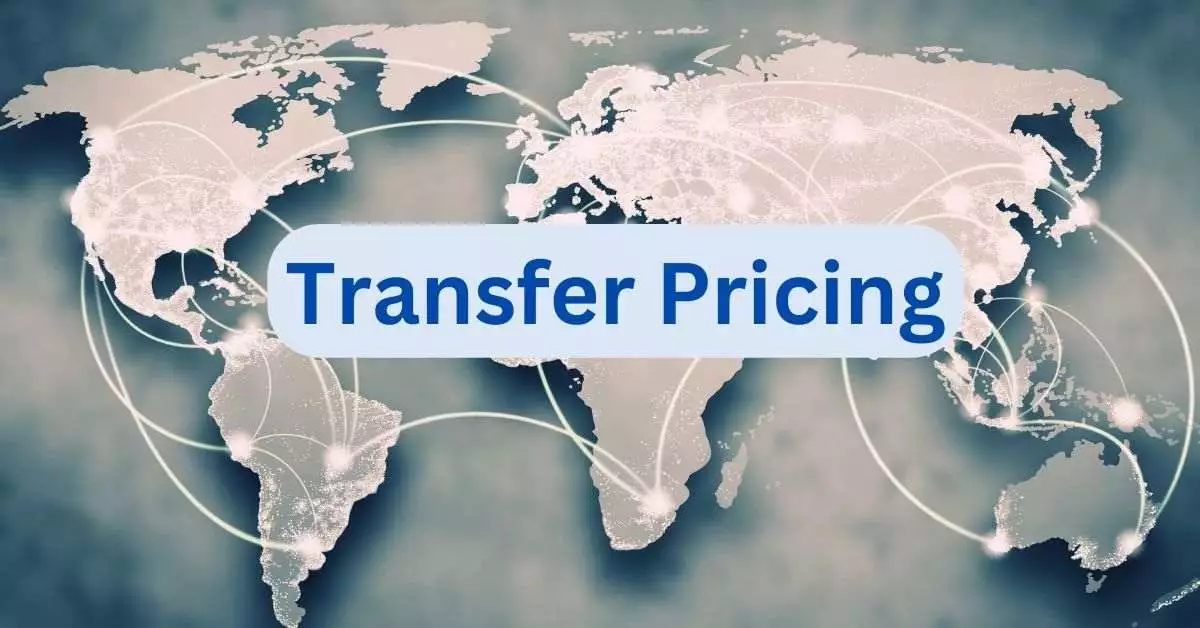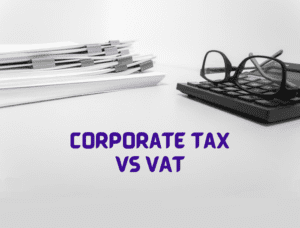Introduction
Transfer pricing is a critical concern for multinational companies operating in Dubai, UAE. Given the global shift toward stricter tax compliance and transparency, developing a robust transfer pricing strategy is essential for businesses that want to avoid tax penalties and optimize their tax positions. This blog will guide you through the steps to create an effective transfer pricing strategy that aligns with the UAE’s tax regulations and international guidelines.
What Is Transfer Pricing and Why Does It Matter in Dubai?
Transfer pricing refers to the prices charged for goods, services, or intellectual property transferred between related entities in different countries. In Dubai, adhering to the “arm’s length principle” is mandatory, meaning that these transactions must reflect the same conditions as those agreed upon between independent entities. An effective transfer pricing strategy helps businesses manage tax liabilities across multiple jurisdictions and ensure compliance with the UAE’s evolving tax framework.
Steps to Develop a Strong Transfer Pricing Strategy
-
Understand Dubai’s Transfer Pricing Regulations
The first step is to gain a deep understanding of the UAE’s transfer pricing regulations, especially as they align with OECD guidelines. Familiarize yourself with documentation requirements, local files, and country-by-country reporting, which may apply depending on your company’s size and global footprint. In Dubai, the Ministry of Finance and the Federal Tax Authority (FTA) set the legal framework, and compliance with these rules is crucial.
-
Conduct a Functional and Risk Analysis
A functional analysis helps identify the role of each related entity in the value chain, while a risk analysis evaluates the financial, operational, and market risks assumed by each entity. This analysis is key to allocating profits based on the economic value each entity adds to the business, ensuring the pricing structure complies with the arm’s length principle.
-
Choose the Right Transfer Pricing Methodology
Selecting the appropriate transfer pricing method is crucial. The commonly used methods include the Comparable Uncontrolled Price (CUP) method, Resale Price Method, Cost Plus Method, and Transactional Net Margin Method (TNMM). Each method has its pros and cons depending on the type of transaction, available data, and the nature of the business. Your goal is to choose a method that best aligns with both your business model and Dubai’s tax regulations.
-
Develop Comprehensive Transfer Pricing Documentation
Proper documentation is at the heart of any successful transfer pricing strategy. Dubai-based businesses must maintain detailed records of transactions between related entities, including pricing methodologies and justifications for the selected methods. Ensuring compliance with documentation requirements can protect your business during tax audits and reduce the risk of penalties.
-
Implement a Consistent Transfer Pricing Policy
A well-documented and consistent transfer pricing policy not only improves compliance but also enhances operational efficiency. Ensure that all entities involved in cross-border transactions follow the same transfer pricing guidelines. Regular internal reviews and updates to your policies can help you stay aligned with Dubai’s tax laws and international standards.
Managing Transfer Pricing Risks in Dubai
One of the biggest challenges in transfer pricing is managing risk, particularly in a rapidly evolving tax environment like Dubai. Common risks include incorrect pricing of intercompany transactions, inadequate documentation, and failure to comply with local tax regulations. Businesses must actively manage these risks through periodic reviews, audits, and updates to their transfer pricing strategies.
Why Limrise is Your Transfer Pricing Partner in Dubai
At Limrise, we understand the complexities of transfer pricing for multinational businesses. Our team of experts offers tailored transfer pricing solutions designed to optimize your tax position while ensuring full compliance with Dubai’s tax regulations. Whether it’s selecting the right pricing method, managing documentation, or mitigating risks, Limrise provides end-to-end support to ensure your transfer pricing strategy is successful.
Conclusion
Developing a robust transfer pricing strategy is essential for multinational businesses operating in Dubai. By understanding local regulations, conducting thorough risk assessments, choosing the right methodology, and maintaining proper documentation, you can ensure compliance while optimizing your global tax position. Partner with Limrise to build a transfer pricing strategy that drives long-term success and compliance in Dubai’s competitive business environment.
Contact Us Today!
📞 +971 50 786 2491 | +971 55 285 2393
✉️ hello@limrise.com






